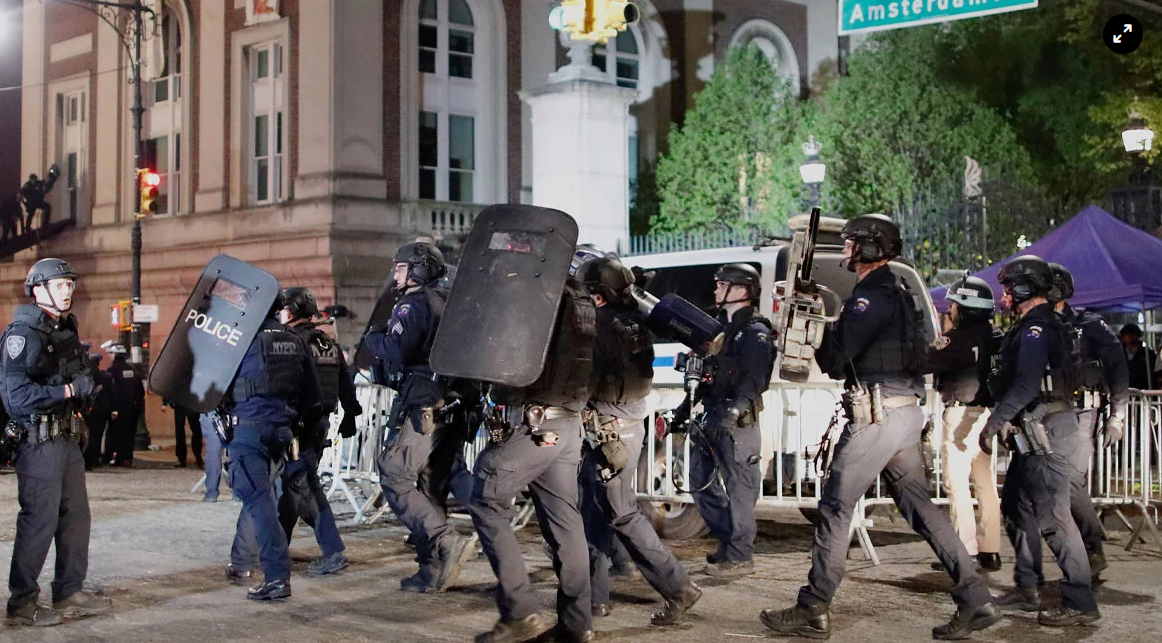The Israeli government is looking with concern towards The Hague. There is where the International Criminal Court (ICC) is headquartered, which, as it is said, is preparing an international arrest warrant for Benjamin Netanyahu, Defense Minister Yoav Gallant, and the chief of staff of the Israeli army, Herzl Halevi. For this possibility, statements have been made by the Israeli Prime Minister since last week. Under his leadership, he said, Israel will never accept any attempt by the ICC to undermine its “right to self-defense.”
Prosecutions against individuals
But what kind of legal prosecutions the Court can initiate based on its jurisdiction? Firstly, against individuals suspected of committing one of four core crimes during the exercise of power: genocide, serious war crimes, crimes against humanity, or aggression. In fact, the ICC initiated investigations as of 2021 into possible perpetrators in Israel as well as Hamas fighters with the same charges. Investigations are also being conducted for acts of violence committed by Israeli settlers in the West Bank. It all started on October 7th when the armed wing of Hamas killed 1200 people and kidnapped over 240 hostages in the Gaza Strip. Hamas is included in many Western countries’ lists of terrorist organizations. In the Gaza Strip, over 34,000 Palestinians have been killed in Israeli military operations as reprisals. However, verification of the numbers is not possible.
In principle, the ICC can only take action if states are unable or unwilling to prosecute at the national level for the aforementioned crimes. For now, it is considered unlikely for Israeli courts to prosecute government leaders, ministers, or military leadership, not only because of the ongoing war. Another condition is that either the suspect’s home state must recognize the court, which Israel does not, or the country where the alleged crimes were committed. This could play a role here because the Palestinian Territories have acceded to the ICC treaty. Besides Israel, neither the US, China, Russia, India, almost all Arab states, nor Iran recognize the jurisdiction of the International Criminal Court.
Two lifeforms merge in once-in-a-billion-years evolutionary event
Will it have consequences for the Israeli Prime Minister?
The arrest warrant, of course, is not a decision but an indication that the ICC takes seriously the allegations made against a suspect to investigate them. According to its website, the ICC issues arrest warrants only if the judges deem it necessary for the accused to appear for trial. This happens because it is necessary for ICC procedures. Other reasons may be that judges fear the accused could obstruct the process or commit further crimes. But because the ICC does not have its own police force to arrest suspects, it is very unlikely that members of the Israeli government will be tried in The Hague. But an arrest warrant would significantly restrict the freedom of movement of Netanyahu and ministers internationally, in case they are also wanted. This happens because all 124 parties to the ICC treaty are obliged to arrest suspects on their territory and surrender them to the Court. This is also the reason why the Russian president has not participated in international meetings since the Court issued an arrest warrant for him for the abduction of children from Ukraine to Russia. He prefers to travel to countries that do not recognize the jurisdiction of the ICC.
The ICC investigations should not be confused with the allegations of genocide made by some states against the State of Israel. The International Court of Justice (ICJ) also headquartered in The Hague, does not investigate individuals and does not issue arrest warrants. It has exclusive jurisdiction over disputes between states. At the end of January, the ICJ recognized the “risk of genocide in the Gaza Strip.” However, South Africa’s urgent request for the cessation of all hostilities by Israel was not accepted. After this initial decision, the genocide process at the ICJ is now likely to continue for months or even years.


































